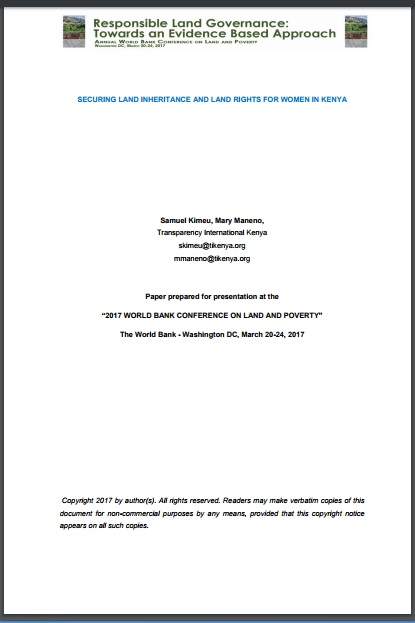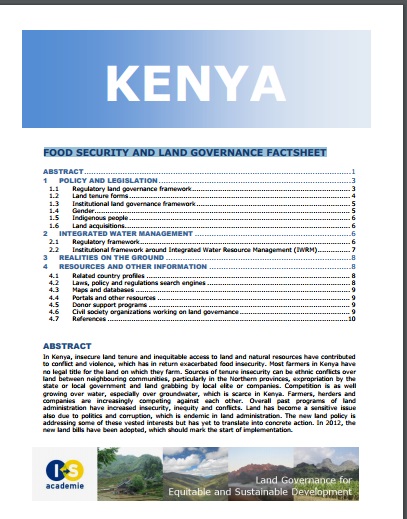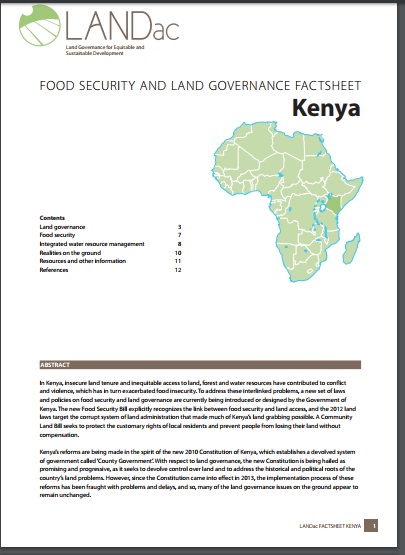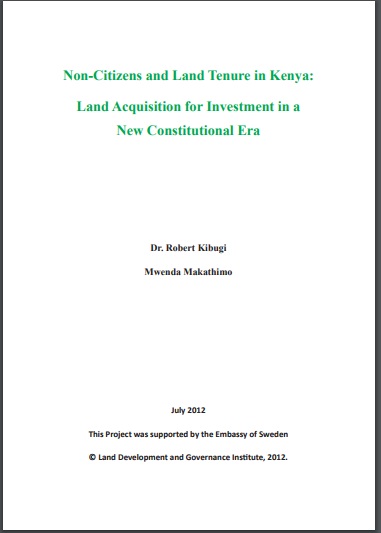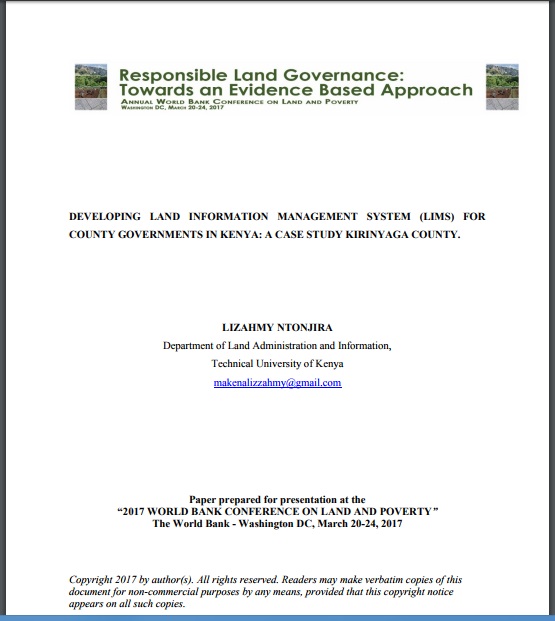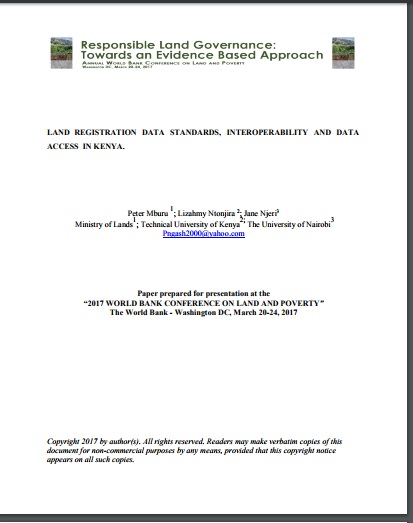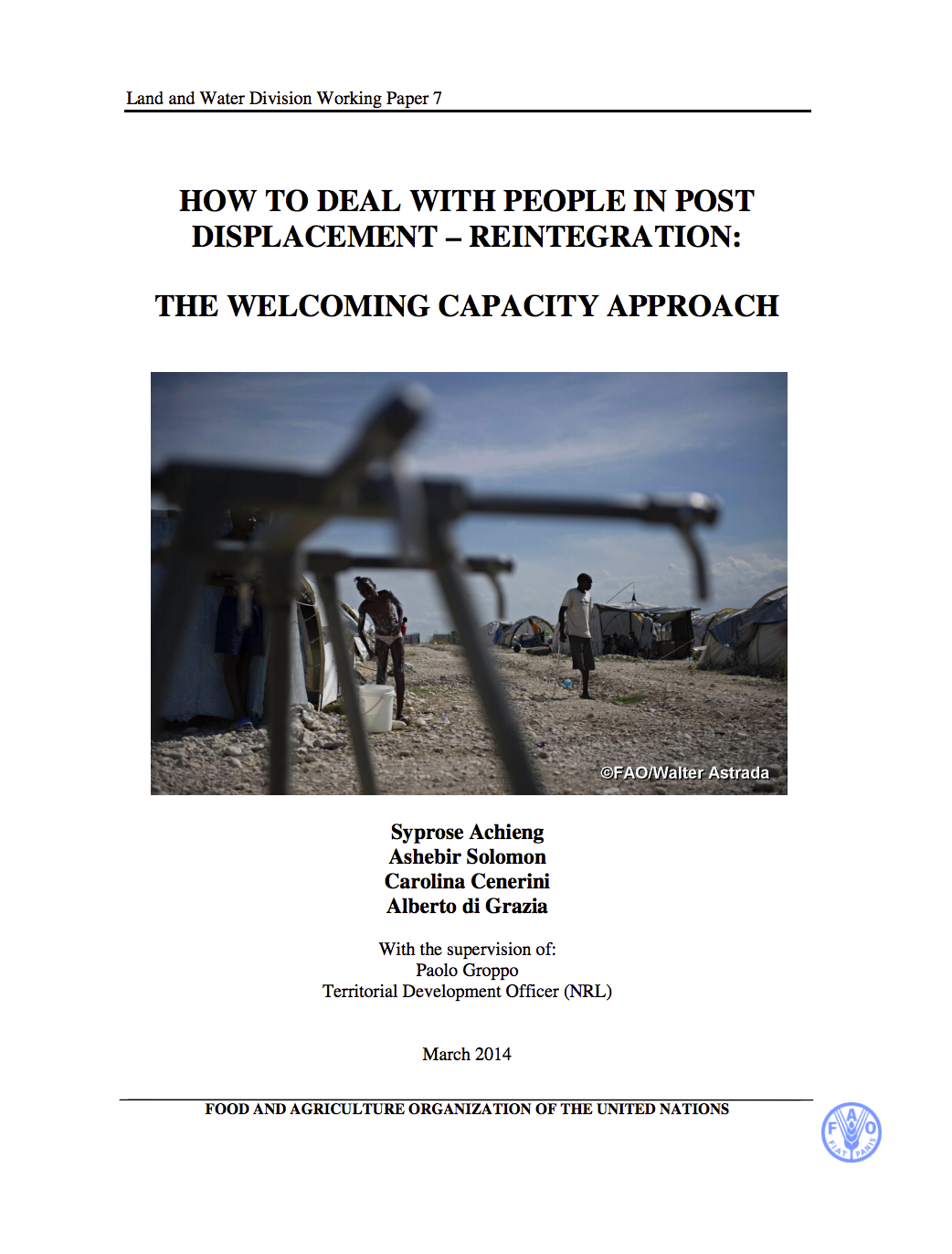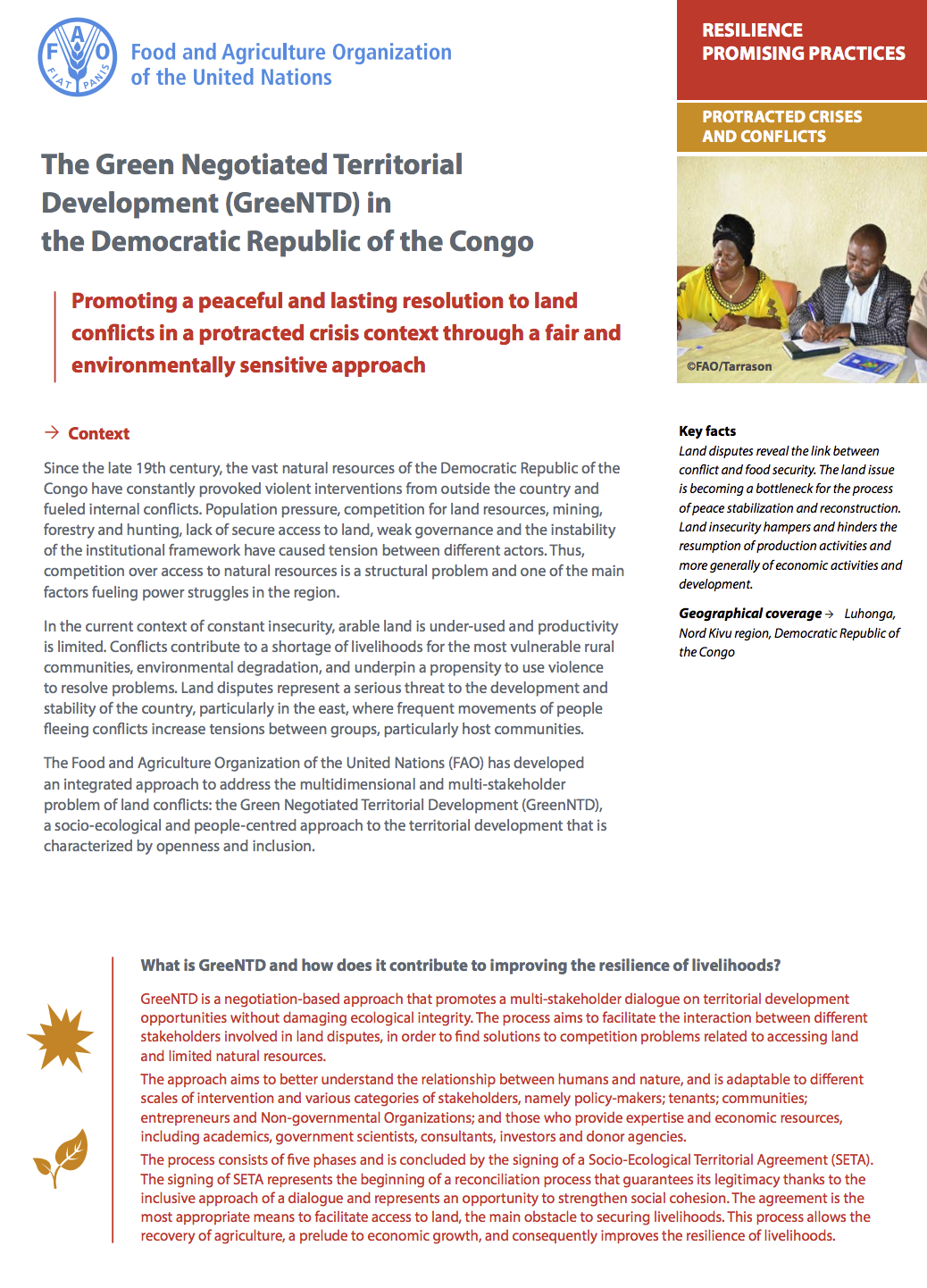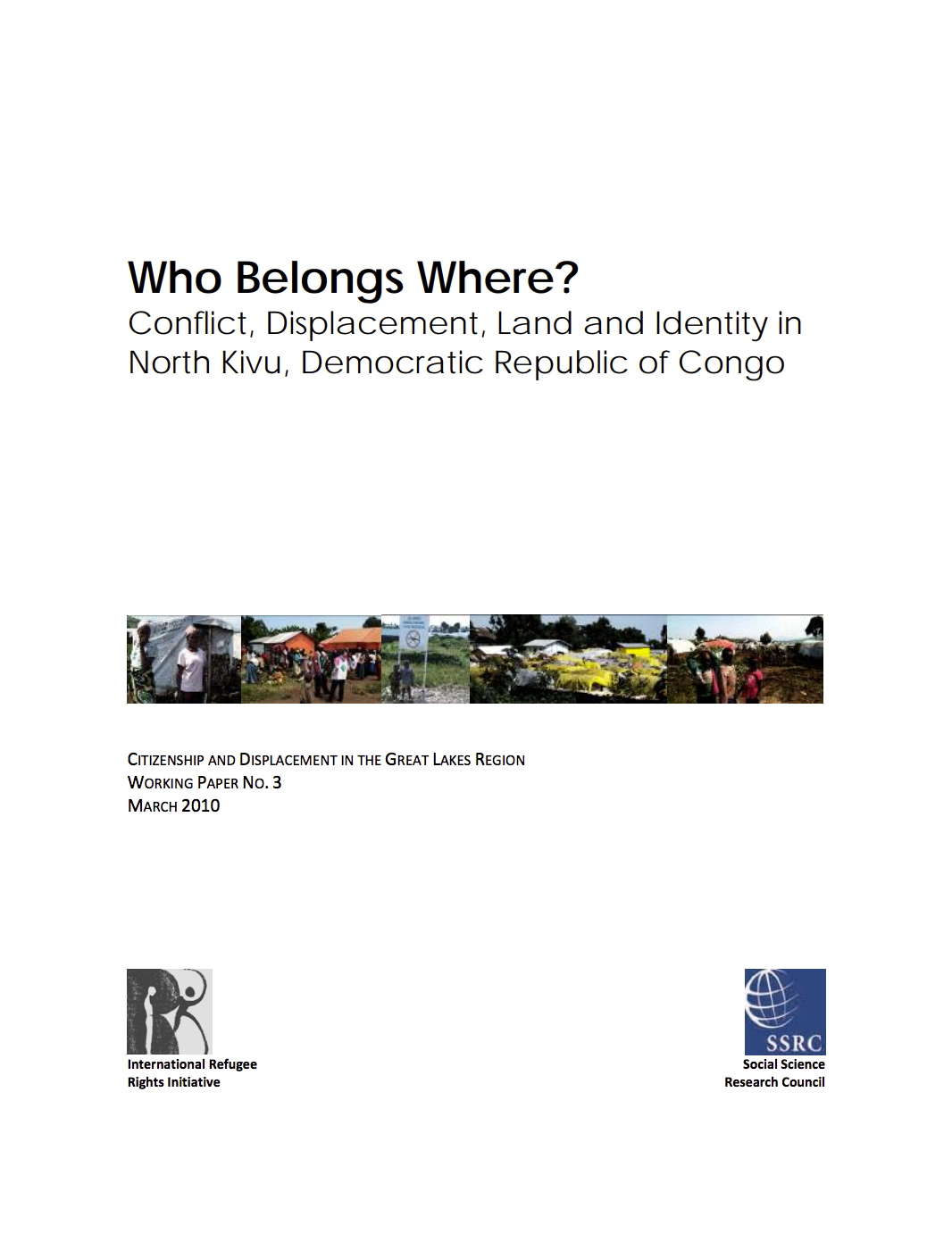The Energy Act, 2015.
A Bill for AN ACT of Parliament to consolidate the laws relating to energy, to provide for National and County Government functions in relation to energy,to provide for the establishment, powers and functions of the energy sector entities; promotion of renewable energy; exploration, recovery and commercial utilization of geothermal energy; regulation of midstream and downstream petroleum and coal activities; regulation, production, supply and use of electricity and other energy forms; and for connected purposes.


